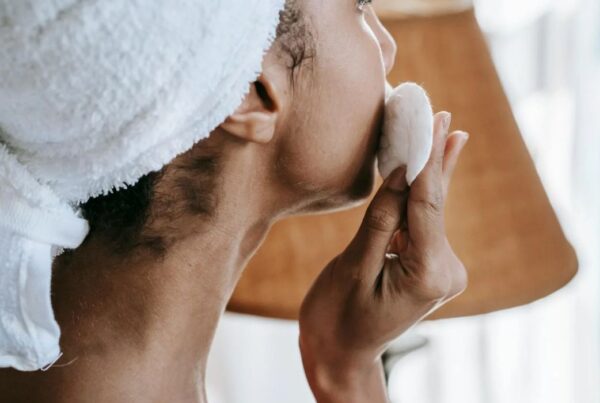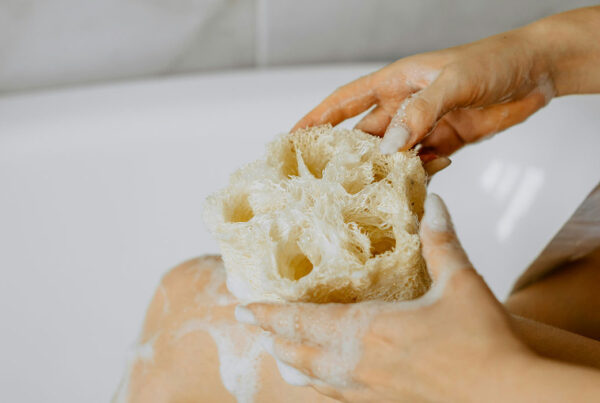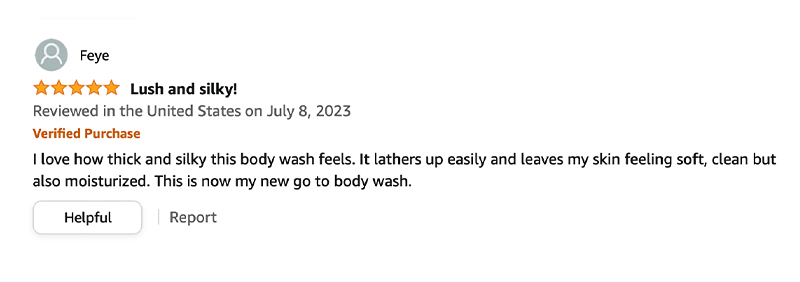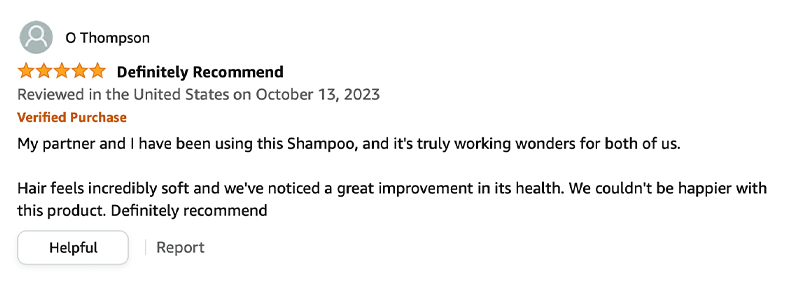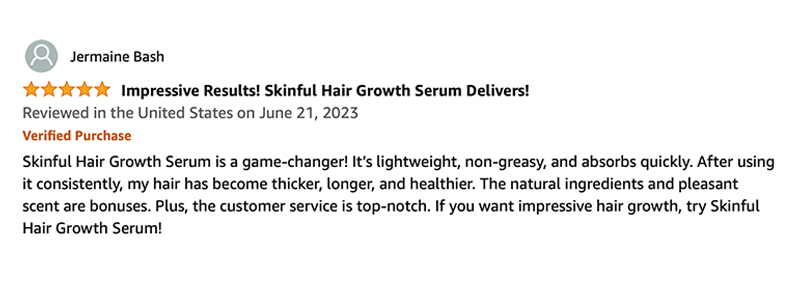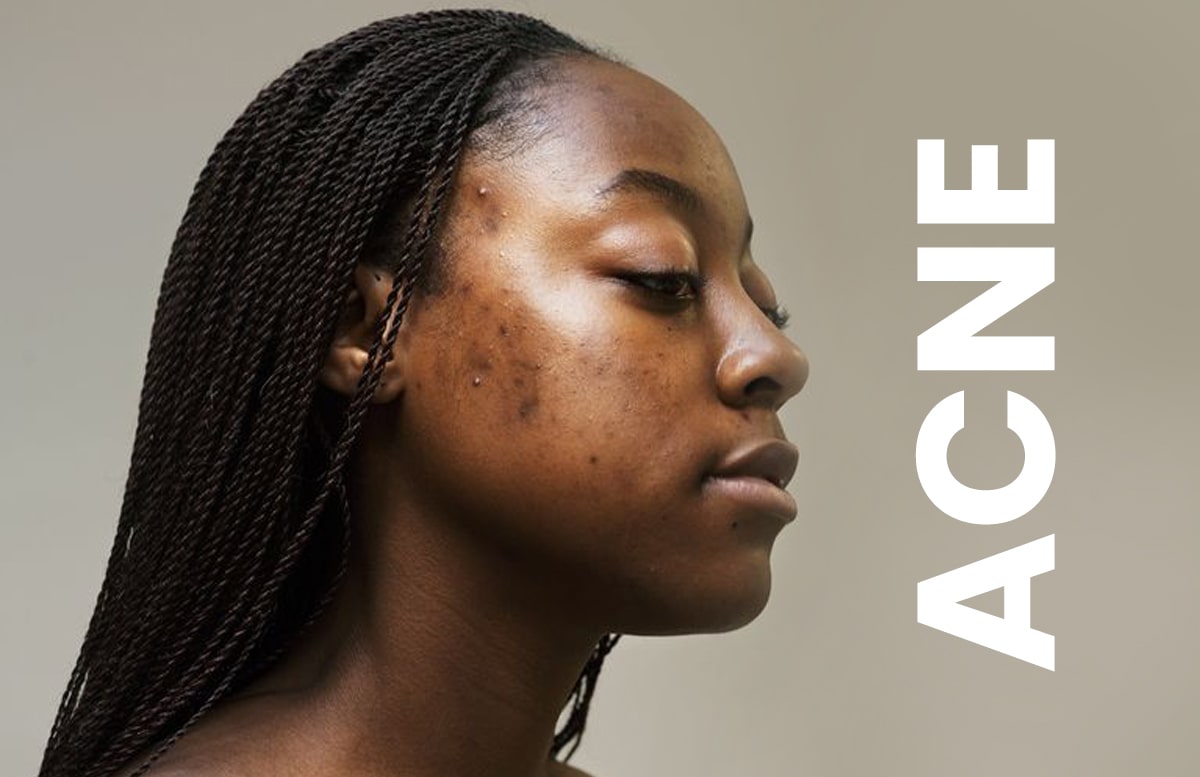
Hey there! Ever heard of hormonal acne? It’s a sneaky type of acne linked to hormone ups and downs. While it often shows up during puberty, it’s not shy about sticking around into adulthood.
Ladies, you might be more familiar with this—our skin goes through various hormonal rollercoasters, from monthly cycles to menopause.
This type of acne tends to pop up on the lower face, hanging around the lower cheeks and jawline. But surprise, it might also make a cameo appearance on your back or chest!
Looking for solutions? You might want to explore sensitive skincare products. They can work like a charm in managing this skinful situation!
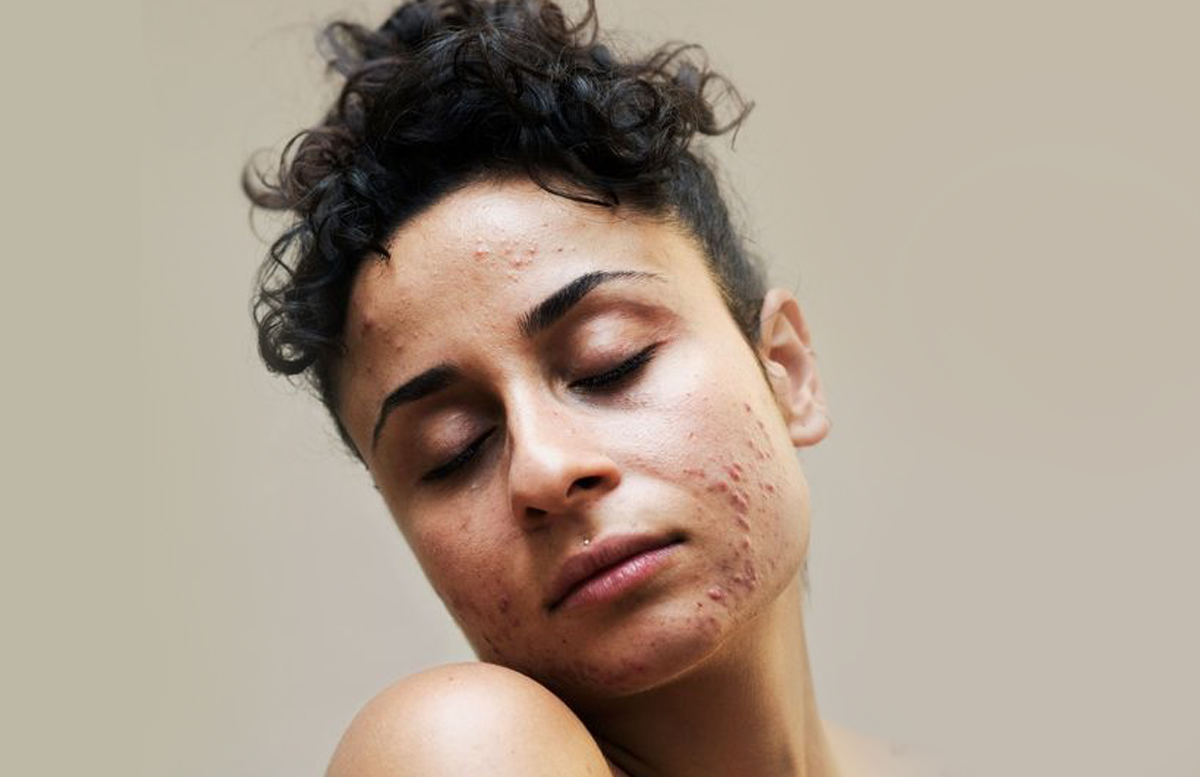
Hormonal acne symptoms
- Skin lesions and breakouts
Hormonal acne can manifest as various skin lesions like whiteheads, blackheads, papules, and pustules. In more serious situations, it might even lead to nodules and cysts. These pesky bumps can pop up along the jawline or show up on the chest and back.
When dealing with hormonal acne, the skin often feels bumpy, congested, and loses its natural glow. Women might notice outbreaks coinciding with specific times in their monthly cycle, like just before or during their period.
- Inflammation
When hormonal shifts occur, they can amp up inflammation in acne by ramping up the production of a pesky bacteria called Propionibacterium acnes.
If left untreated, this inflammation might stick around, causing continuous redness and irritation. It might even lead to uncomfortable cysts or nodules, especially in spots with more oily activity like the forehead.
Hormonal acne in women
Women experience hormonal fluctuations at various stages of life, playing a crucial role in maintaining fertility and ageing. In adult women, hormonal acne tends to rear its head:
- During puberty
- Near menstruation cycles
- Throughout pregnancy
- Around menopause
- During phases of low estrogen levels
- Due to underlying conditions like Polycystic Ovary Syndrome (PCOS).
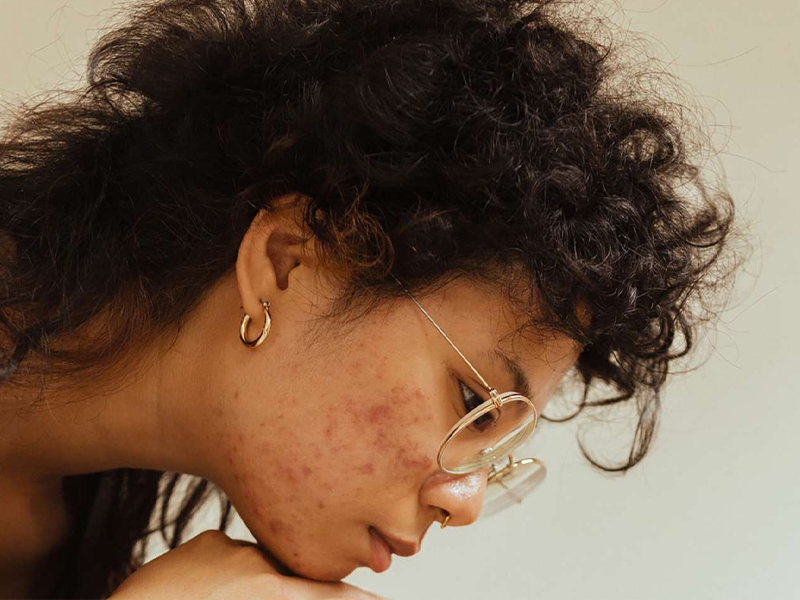
Hormonal acne treatments
Treatment for mild hormonal acne
When dealing with mild hormonal acne, non-prescription topical treatments can work wonders. Look out for over-the-counter options like retinoids, natural acids such as AHAs and BHAs, and benzoyl peroxide. They can help ease symptoms and reduce the visibility of acne scars, and you can snag these without needing a prescription.
Additionally, natural remedies might lend a hand with mild acne. Substances like green tea and tea tree oil boast anti-inflammatory properties, but it’s important to note that there’s not enough evidence yet to fully support their effectiveness specifically against hormonal acne
Treatment for moderate and severe acne
When hormonal acne escalates to cystic lesions and nodules, it indicates a more severe condition where topical treatments might not penetrate deeply enough. In these situations, healthcare providers may prescribe oral medications and specialized treatments to tackle both the underlying cause and the symptoms:
- Oral antibiotics
- Oral contraceptives
- Hormonal therapy
- Lasers and blue light therapy
- Chemical peels
These interventions can address hormonal acne at a deeper level and provide more comprehensive treatment beyond topical solutions. Consulting a specialist is key for tailored advice and appropriate management.
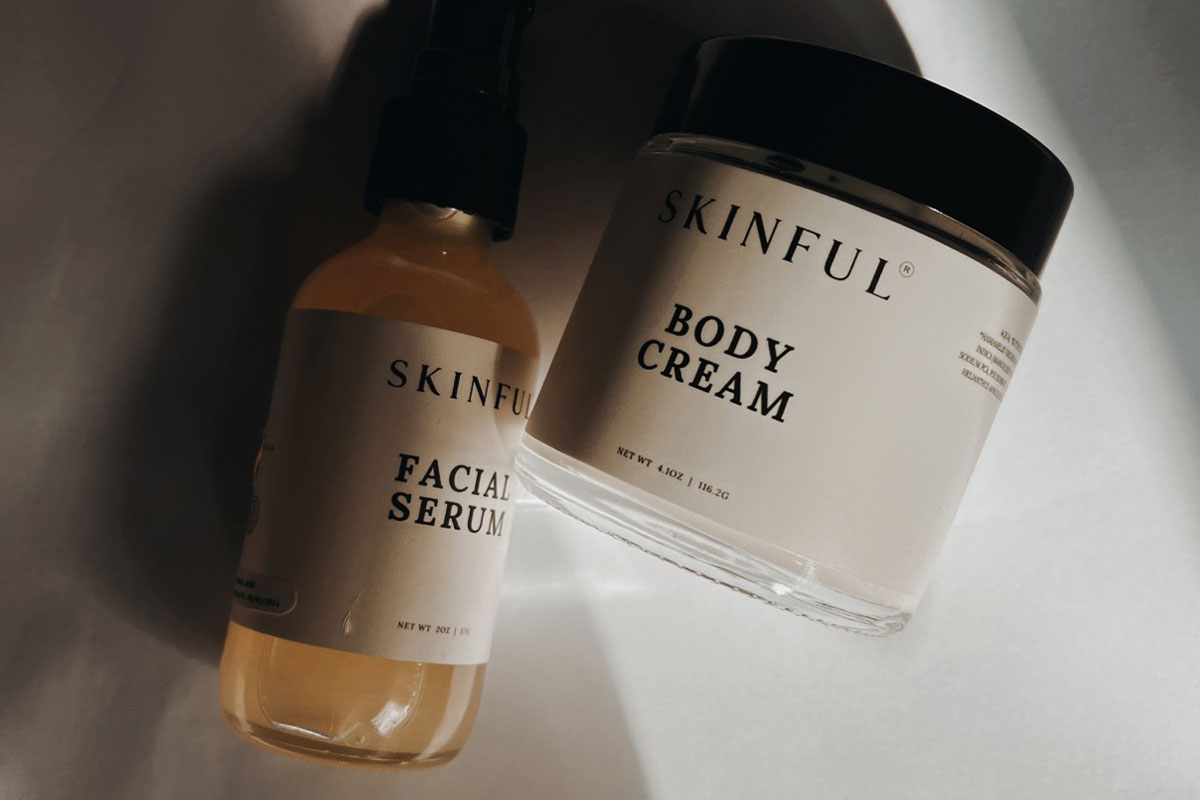
How to prevent hormonal acne?
While you can’t entirely manage hormonal fluctuations, there are steps you can take to shield your skin from hormonal acne. Check out these practical tips that might make a difference:
- Cleanse your face gently 1-2 times daily and after exercising using a mild cleanser recommended by dermatologists.
- Opt for lukewarm water when rinsing your skin to prevent irritation from heat.
- Refrain from rubbing, tugging, or picking at your skin as this can increase the risk of acne scarring.
- Minimize makeup usage if possible or apply it lightly using non-comedogenic mineral products.
- Steer clear of sunbeds and ensure you wear broad-spectrum SPF 30 or higher to prevent sunburn and hyperpigmentation.
These simple strategies can help protect your skin against the effects of hormonal acne and maintain its health and appearance.
Hormonal acne, tied to hormone fluctuations, affects women during various life stages. Over-the-counter topical treatments work for mild cases, but severe acne might require oral medications or specialized treatments. To shield against hormonal acne, adopt a gentle skincare routine, avoid irritation, refrain from picking at skin, opt for non-comedogenic makeup, and use sun protection. While hormonal changes can’t be controlled, these strategies help manage and alleviate its impact on the skin, ensuring healthier and clearer skin. Consulting skincare experts is key for tailored advice and treatments.



